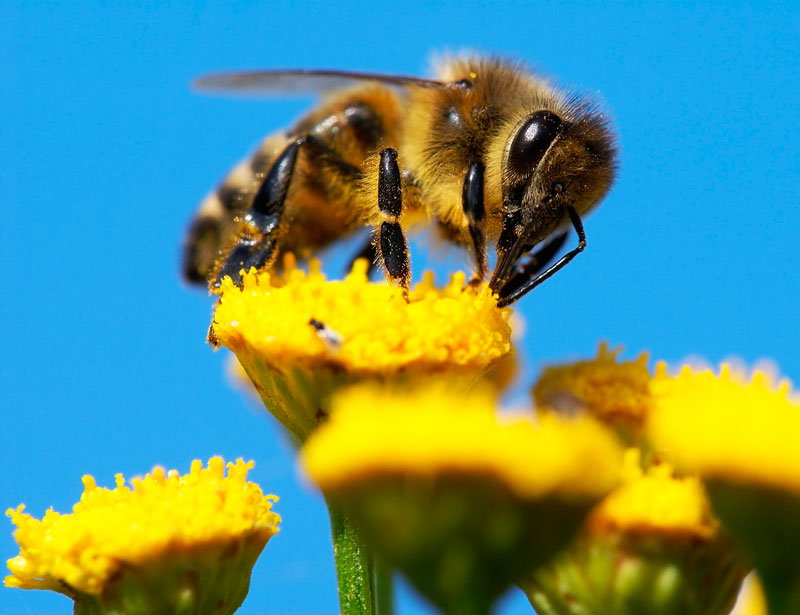Liftsharing could help save honeybees!

This website uses cookies to ensure you get the best experience on our website. cookie information

New research published in the journal ‘Scientific Reports’ has found that traffic fumes render the scent of flowers barely recognisable to honeybees and may impact their ability to find food.
With three quarters of the world’s food crops relying on bees and other natural pollinators, the detrimental effects of their decline could cause serious problems.
The study tested bees’ ability in the laboratory to recognise the aroma of oilseed rape flowers. Bees were strapped down and taught to associate floral scents with food in the form of sugar solutions.
Once the bees learned the connection they began sticking their tongues out in anticipation of food even if it was not offered – an indication that they recognised the smell.
When the scent was presented without pollutants the bees recognised it 98-99% of the time. But after the scent was mixed with levels of diesel exhaust matching those found at roadsides, the bees only recognised it 30% of the time.
“Honeybees are very, very selective on what they home in on – they want the best pollen and nectar yield. They do not go randomly from flower to flower.”
The detrimental affect of diesel fumes on the ability of forager bees to sniff out the best flowers would harm hives over time, as the bees working in the hives would not be getting enough food.
Whilst traffic fumes are not the only contributor to the species decline, it is a significant one and solutions need to be found.
So there’s another reason to car-share – traffic wastes nearly four billion gallons of fuel per year in the UK alone, if everyone in the UK shared with just one person, one day a week for their commute, we could save over one billion gallons of fuel. This massive reduction in fuel use would significantly reduce fumes and we’d help to save the bees!
Information sourced from The Guardian.
Author liftshare
on
Car share for less with Liftshare, the UK’s biggest sharing economy site!
Join now!